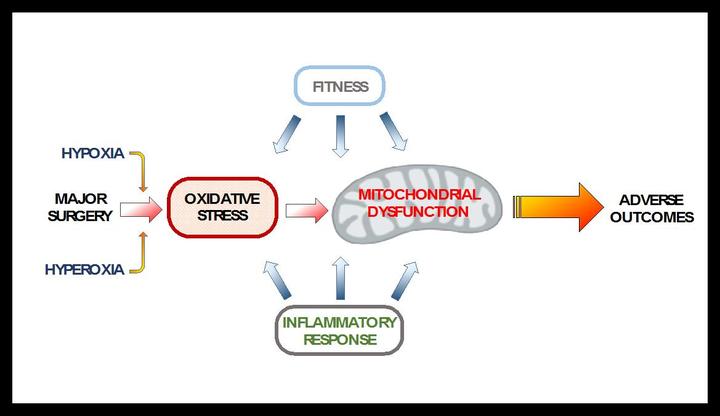COSMOS: from Everest to London
COSMOS is an observational study conducted at the Royal Free Hospital, exploring into the effects of major surgery on the way our cells behave under stressful conditions. Drawing our experiences from one extreme environment to another, we have focused on looking for the answer at a microscopic level. We believe that some of the stresses experienced within our cells observed at high altitude may be mirrored during surgery.
Each year millions of patients worldwide undergo surgery for the treatment of their illnesses. Major surgery, typically carries with it high complication rates during the operative course and recovery phase. These patients are routinely cared for in intensive care after surgery. Some patients recover well after surgery, where as others develop serious complications, which hamper their recovery and may go on to affect them permanently. Why patients with similar backgrounds in physical health have different susceptibilities to complications after surgery is still not well understood.
The components we are particularly interested in are the mitochondria and the damage caused by reactive oxygen species. Mitochondria are powerhouses within the cell, they use the oxygen that we breathe to produce energy. By-products from reactions using oxygen can produce highly volatile particles called reactive oxygen species. These particles can go on to cause damage to neighbouring cells, leading to a state we call oxidative stress.
Using techniques directly translated from that of the Xtreme Everest expeditions, our study patients will be put through three phases of testing and observation.
- The first will involve an exercise test on a bicycle before surgery, to measure their baseline fitness, in particular the capacity of their heart and lungs.
- The second phase involves collecting muscle biopsies and blood samples during surgery to study the way their mitochondria take up oxygen, and the degree of oxidative stress that occurs during the time of surgery.
- The third phase involves follow up and collection of information on how well they have recovered after surgery.
Through this we hope to develop a further understanding of the link between recovery after surgery, mitochondrial function, oxidative stress and physical fitness.
This study will run for at least two years at the Royal Free Hospital. It is being conducted by our Perioperative Research Fellow, Dr Jia Liu Stevens and the Royal Free research team, under the direct supervision of Dr Daniel Martin.





